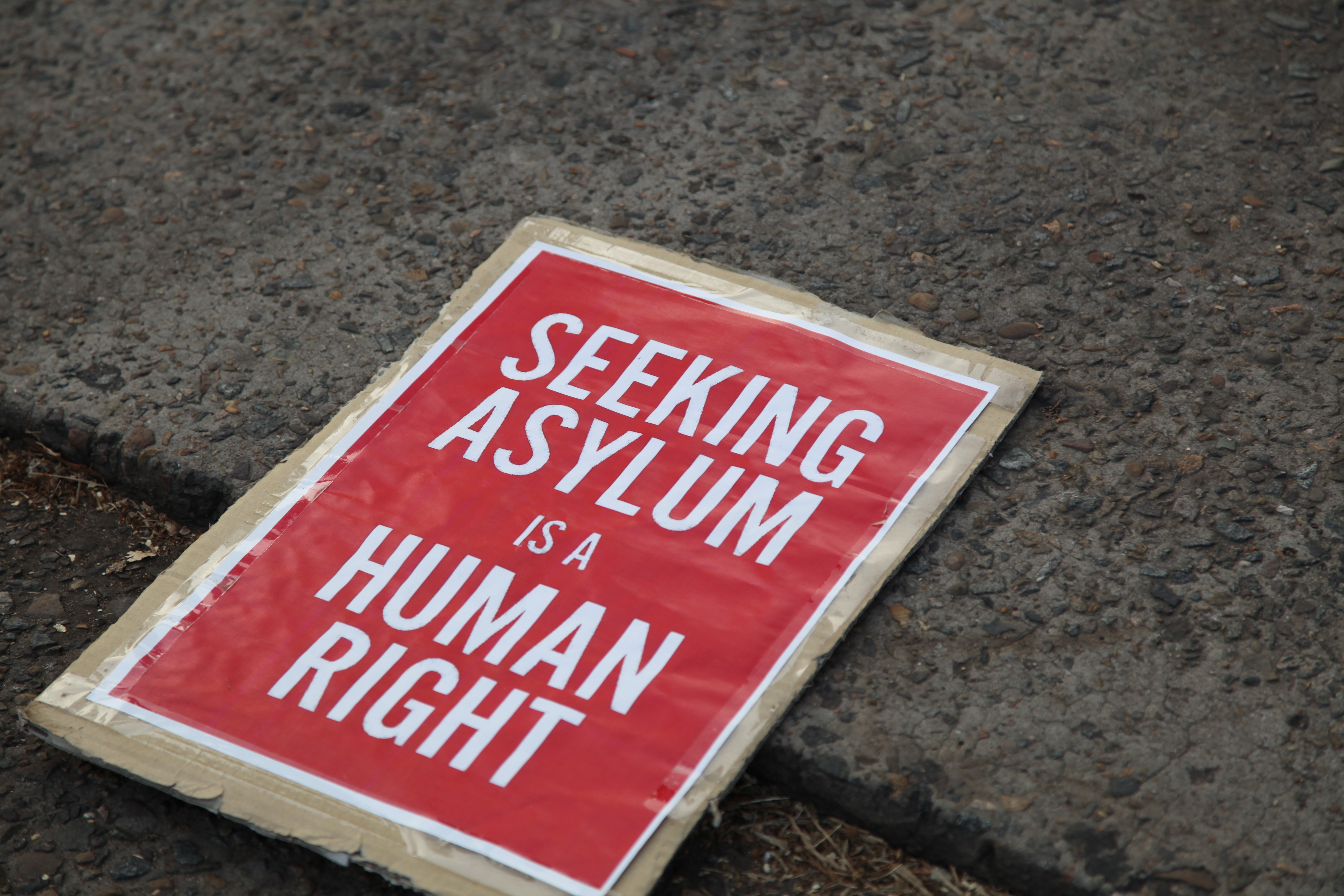European Commission: proposal to facilitate safe third country concept application

The European Commission has proposed new rules facilitating member States’ application of the safe third country concept aiming at accelerating the asylum processes and reducing pressure on asylum systems, while guaranteeing legal safeguards and fundamental rights for applicants.
The "safe third country" concept allows EU Member States to reject asylum applications if the applicant could have found protection in another country deemed safe. Currently, EU law requires a proven "connection" between the asylum seeker and the designated safe third country for this concept to be applied.
This proposal delivers on the requirement under the Pact on Migration and Asylum for the Commission to review the application of the safe third country concept by June 2025.The targeted amendments to the concept proposed by the Commission follow consultations with Member States, the European Parliament, UNHCR and civil society. This review aims to simplify the application of the concept for Member States, with the Commission examining its use under the Asylum Procedure Regulation in light of international and EU law, including the Charter of Fundamental Rights.
The European Commission's recent proposal introduces substantial revisions to the criteria for third-country transfers of asylum seekers. Specifically, it eliminates the necessity of a connection between the asylum seeker and the third country, replacing it with criteria such as mere transit or the existence of an inter-state agreement or arrangement. Furthermore, the proposal removes the inherent suspensive effect of appeals, thereby permitting forcible transfers prior to the adjudication of said appeals.
To ensure compliance with EU law, Member States are required to inform the Commission and other Member States before concluding agreements or arrangements with safe third countries. This notification process aims to verify that these agreements uphold key principles of EU law, particularly regarding protection against refoulement. It also ensures that the agreements address the absence of risk of serious harm and threats to life and liberty based on race, religion, nationality, social group, or political opinion. Furthermore, this process should confirm that the agreements provide individuals with the ability to seek and receive effective protection in the designated safe third countries.
The limits of this condition lie in EU's inability to monitor and uphold respect for human rights in its partner countries.
These reforms, particularly when considered in conjunction with the contemporaneously proposed Return Regulation, suggest a strategic endeavor to externalize the processes of refugee protection and migration control beyond the geographical confines of Europe.
The European Parliament and the Council have yet to reach an agreement on this proposal. The concerns that this proposal brings is that it will further weaken access to asylum in Europe and increase the risk of refoulement and of widespread arbitrary detention in third countries. Sending the asylum seekers to countries with fewer resources and less capacity to offer lasting protection where they have no connection, no support and no prospects will have a huge negative humanitarian impact.

